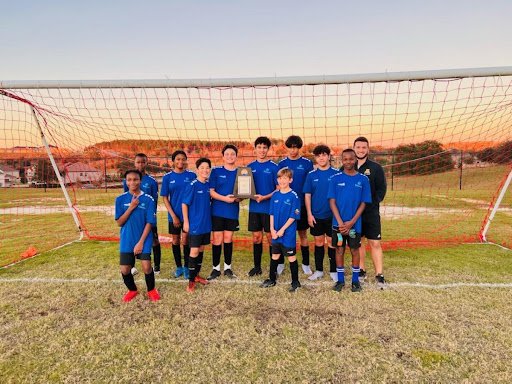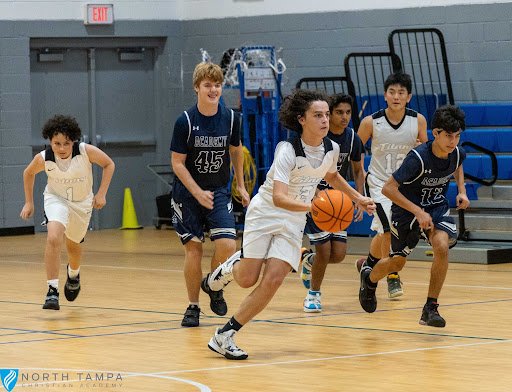A new school year will be starting soon, and for many students, that means exciting times are ahead. For some, however, the thought of a new school year brings anxiety. Children worry about their new teachers, new classes and the children they’ll meet. Will people like them? Will they do well in school? These thoughts can become overwhelming for children, especially after a fun summer vacation. Here’s how you can help.
See How You Feel
Before you start trying to solve your child’s problems, you need to take a look at how you’re feeling. While your child needs to get back into a school routine, it’s your responsibility to set that routine and hold them accountable. You may also have concerns about sending them back to school after they’ve been around all summer. This can be stressful, and you need to make sure you’re not passing this stress along to your child.
Listen to Your Child
The most important way to help your child deal with stress is by listening to what they have to say. Listen to any concerns they have, and do what you can to alleviate those worries. This may mean doing research in situations where you both don’t know the answer. In some cases, listening and providing advice and insight is enough. You’ll never know unless you ask and listen.
Practice Your Routine
If your child is nervous about going to a new grade with a new teacher and facing new challenges, start their daily routine earlier. Your child can become more grounded when they get used to what will be the same every day of the school year. The more they practice ahead of time, the more confident they will be when school starts for real. As the school year gets closer, if they live near the school, consider driving by with your child so they’ll feel more prepared to go back.
Have Your Child’s Back
When entering a new grade or a new school, your child may worry that they won’t make friends or that they’ll be bullied. This is a real possibility that you need to consider. Take time to build up your child’s self-esteem, especially if you notice that they’re insecure. Reassure them that you’ll be there if something happens and that they can and should talk to you if it does. Make yourself available to be a trusted advisor.
Going back to school can be fun and exciting — and anxiety-inducing. At North Tampa Christian Academy, a Tampa private school, students thrive creatively, academically and spiritually in a project-based learning environment. Faculty and families work together to inspire leadership through Christian innovation. Contact us today to learn more.











